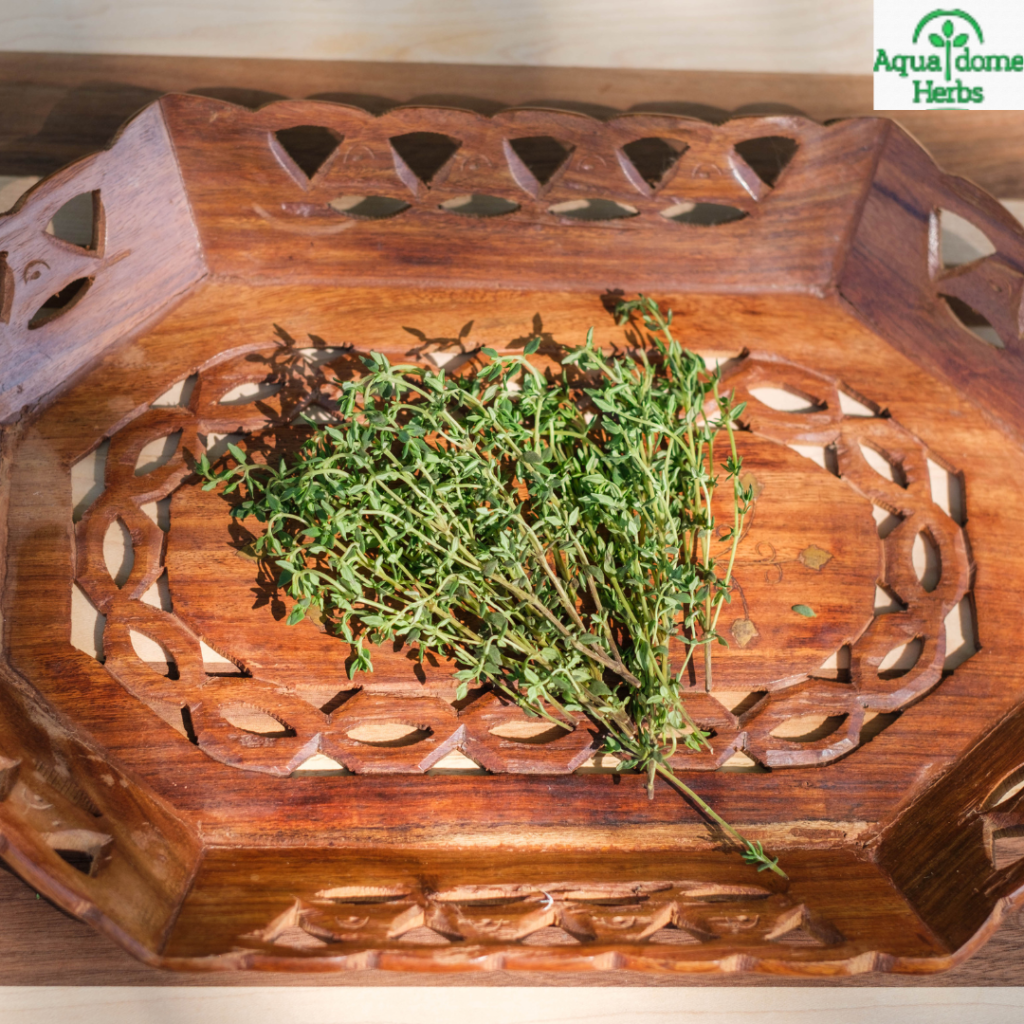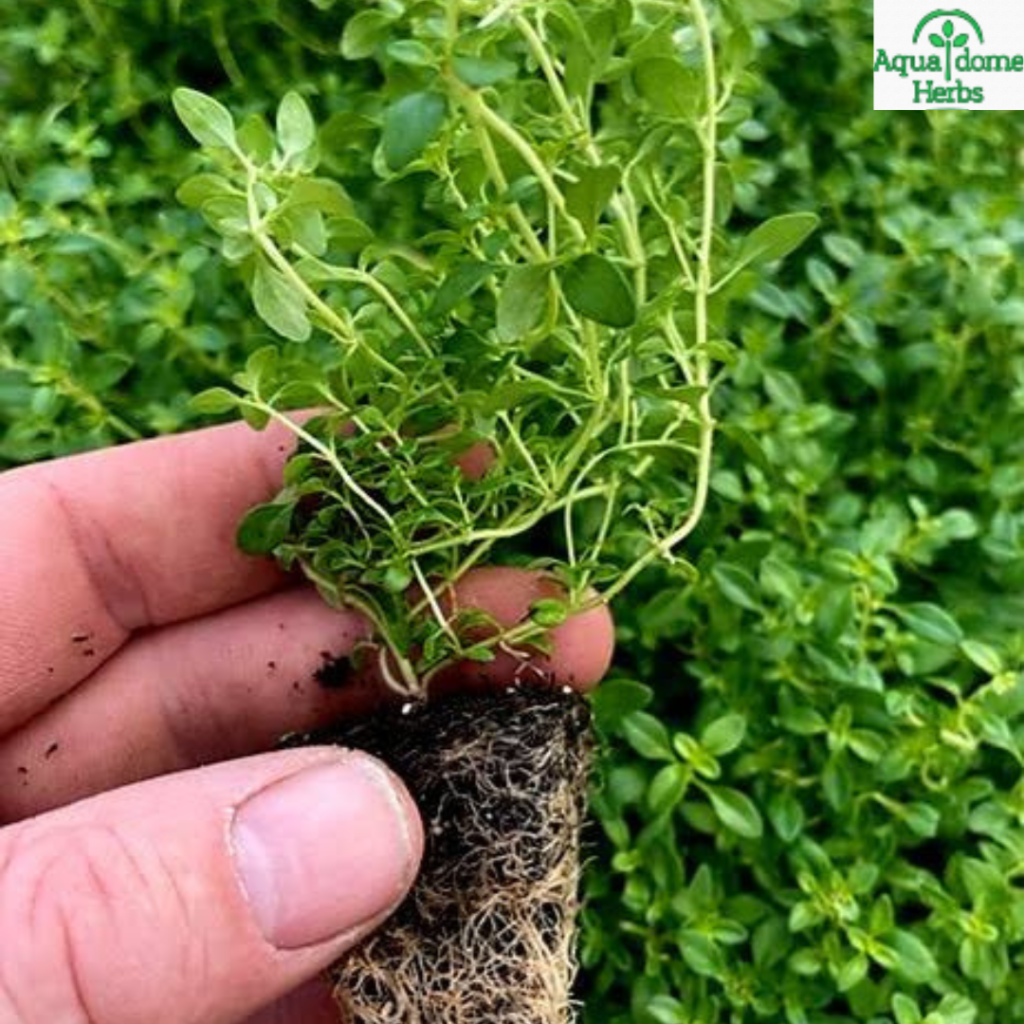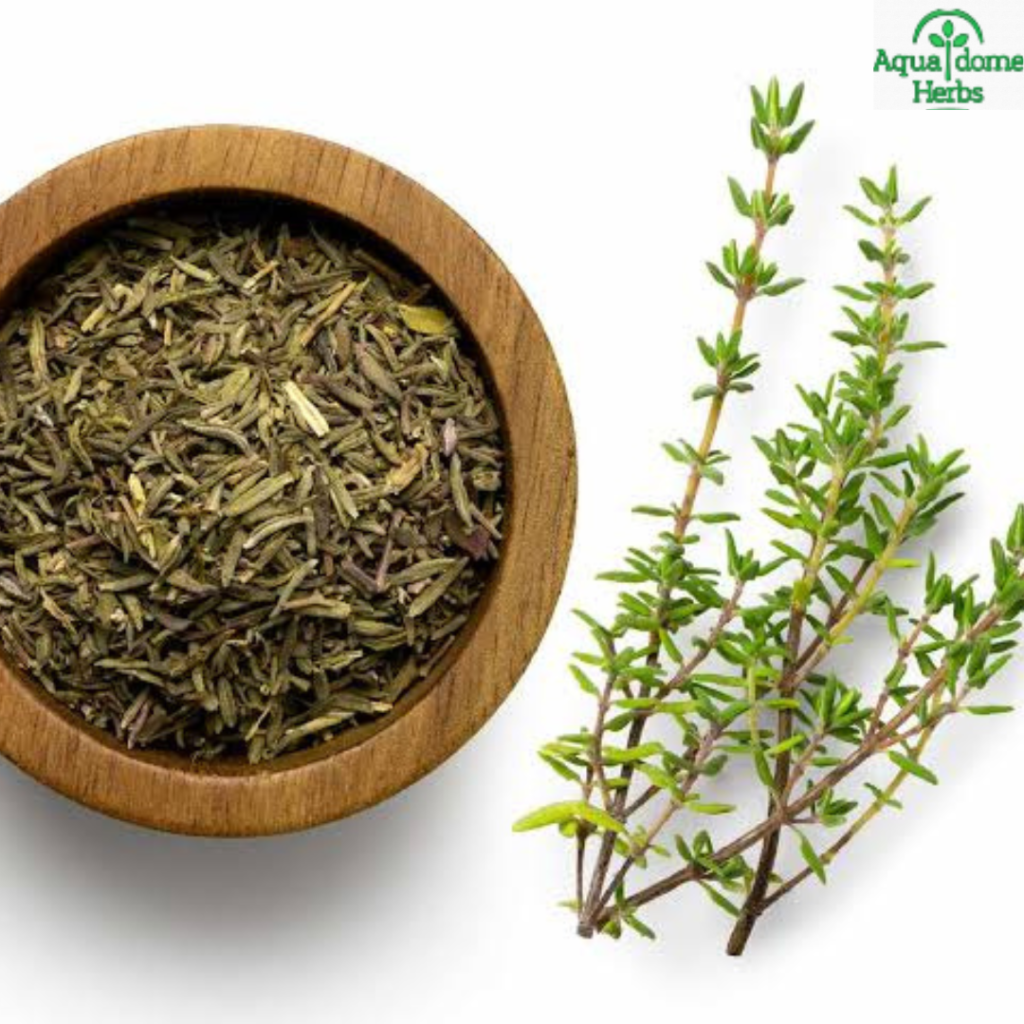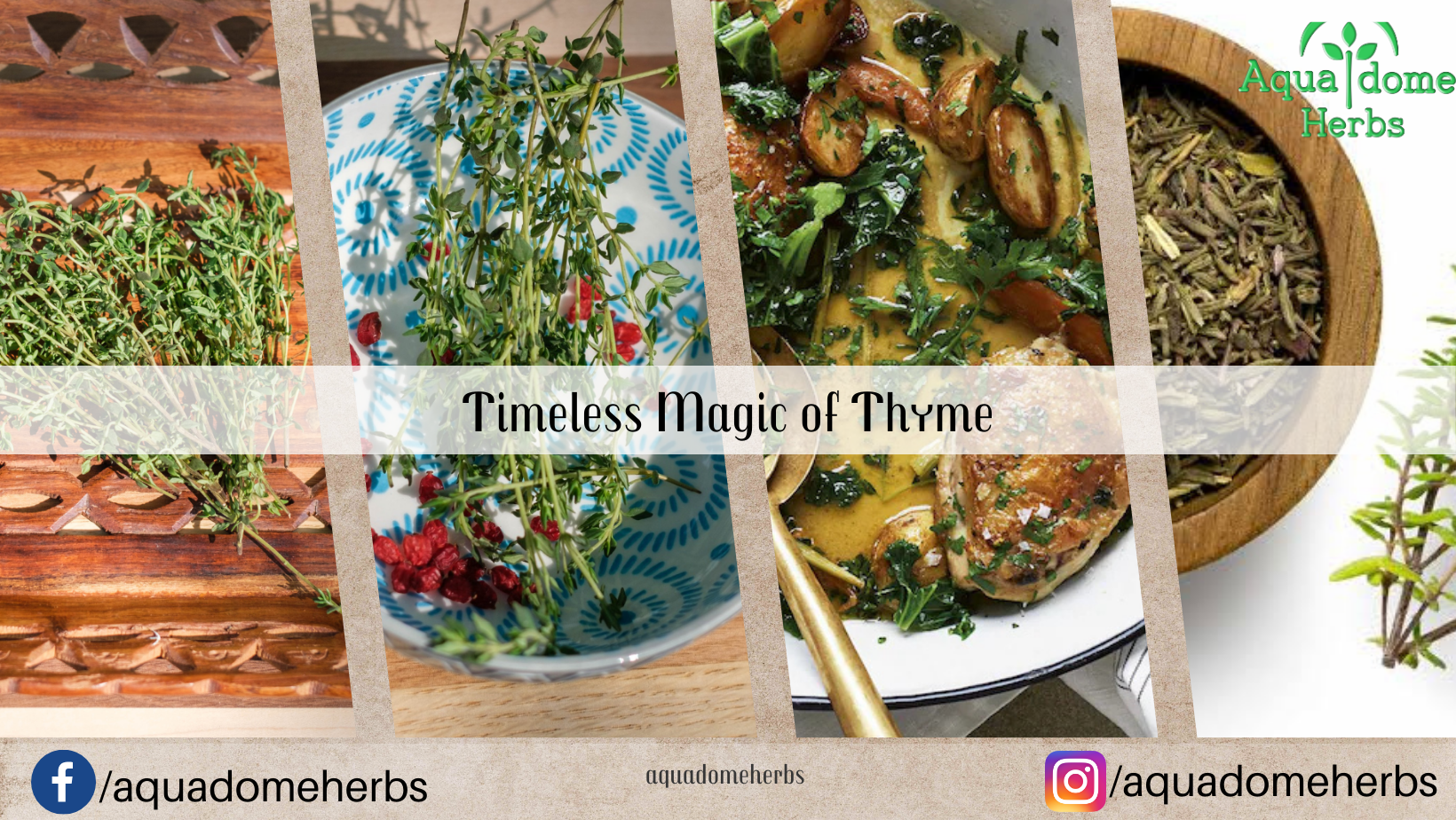There’s something truly special about thyme. It’s the kind of herb that, once welcomed into your kitchen, effortlessly becomes a cornerstone of your culinary adventures. Thyme has a way of elevating the simplest dishes, lending its delicate yet persistent flavor to everything from roasted vegetables to hearty soups. But beyond its culinary prowess, thyme holds a rich history, cultural significance, and a myriad of health benefits that make it a herb worth celebrating.
A Journey Through Time: Thyme’s Storied History
Thyme’s roots stretch back thousands of years, weaving its way through ancient civilizations. The Greeks, Romans, and Egyptians all revered this small but mighty herb. Ancient Greeks burned thyme as incense in temples, believing it was a source of courage and vitality. Historians say that Roman soldiers bathed in thyme-infused water to gain strength before battle.
Even today, thyme carries with it a sense of resilience and enduring beauty. As you breathe in its earthy, slightly minty fragrance, it’s easy to imagine how ancient cultures found comfort and strength in its presence. Thyme is more than just a herb—it’s a connection to the past, a reminder of how something so small can be so powerful.

Thyme in the Kitchen: A Flavor Like No Other
In the kitchen, thyme brings a warm, savory depth to dishes that’s hard to replicate with any other herb. Its versatility allows it to complement a wide range of flavors, whether you’re cooking a simple roasted chicken or crafting a complex stew. Thyme works beautifully with both meat and vegetable dishes, adding a subtle, aromatic quality that enhances without overpowering.
When used fresh, thyme’s flavor is bright and slightly floral, perfect for sprinkling over salads, adding to marinades, or infusing oils. Dried thyme, on the other hand, takes on a more concentrated, earthy taste that works wonders in slow-cooked meals. Its ability to retain its flavor even after long cooking times makes it a go-to for soups, sauces, and roasts. Thyme is like a loyal companion in the kitchen—steady, reliable, and always enhancing the experience.

Growing Thyme: A Love Affair With Nature
There’s a special joy in growing thyme—whether on your windowsill, in your garden, or as part of a small herb patch. It’s one of the hardiest herbs, thriving in various climates and conditions, making it a perfect choice for both seasoned gardeners and those just starting out. Its low-growing, woody stems and tiny, fragrant leaves add texture and charm to any garden bed or pot.
Thyme prefers well-drained soil and a sunny spot, but it’s surprisingly forgiving. Even if you forget to water it now and then, thyme will continue to thrive, rewarding you with its resilient spirit and steady growth. And once it begins to flower in the summer, you’ll not only enjoy the delicate blossoms but also the buzz of bees and other pollinators that thyme attracts.
The act of nurturing thyme is more than just gardening; it’s a connection to the earth and a reminder of the simple pleasures found in nature. Watching thyme grow and flourish, despite the challenges of weather or neglect, can be a humbling experience. In many ways, thyme teaches us patience, resilience, and the quiet strength that comes from steady, persistent effort.

Thyme in Tradition and Culture
Throughout history, thyme has found a place in various traditions and cultural practices. In medieval Europe, it was often placed beneath pillows to ward off nightmares and encourage restful sleep. It was also carried as a charm for courage and protection. Today, thyme is still woven into traditions, both in the kitchen and beyond, where it symbolizes strength and perseverance.
In folklore, thyme was thought to be a favorite of fairies, and it was often planted in gardens to invite them in. While many of these beliefs are no longer widely practiced, there’s something enchanting about the idea that thyme is a herb connected to magic and mystery. Even if fairies aren’t your thing, the charm of thyme in its ability to transform a dish or bring a sense of well-being remains undeniable.

The Enduring Appeal of Thyme
In a world that often feels rushed and complex, thyme is a gentle reminder of life’s simple joys. Its flavor is at once comforting and intriguing, its history rich and varied, and its uses both practical and healing. Whether you’re savoring its taste in a lovingly prepared meal, sipping a soothing thyme tea, or nurturing a thyme plant in your garden, this humble herb offers moments of peace and connection.
Thyme isn’t just a herb—it’s a quiet companion in our kitchens and lives, bringing warmth, healing, and a touch of timeless wisdom to everything it touches. So the next time you reach for thyme, remember that you’re not just adding flavor to a dish—you’re embracing centuries of tradition, nature’s resilience, and the quiet magic of an herb that has truly stood the test of time.

